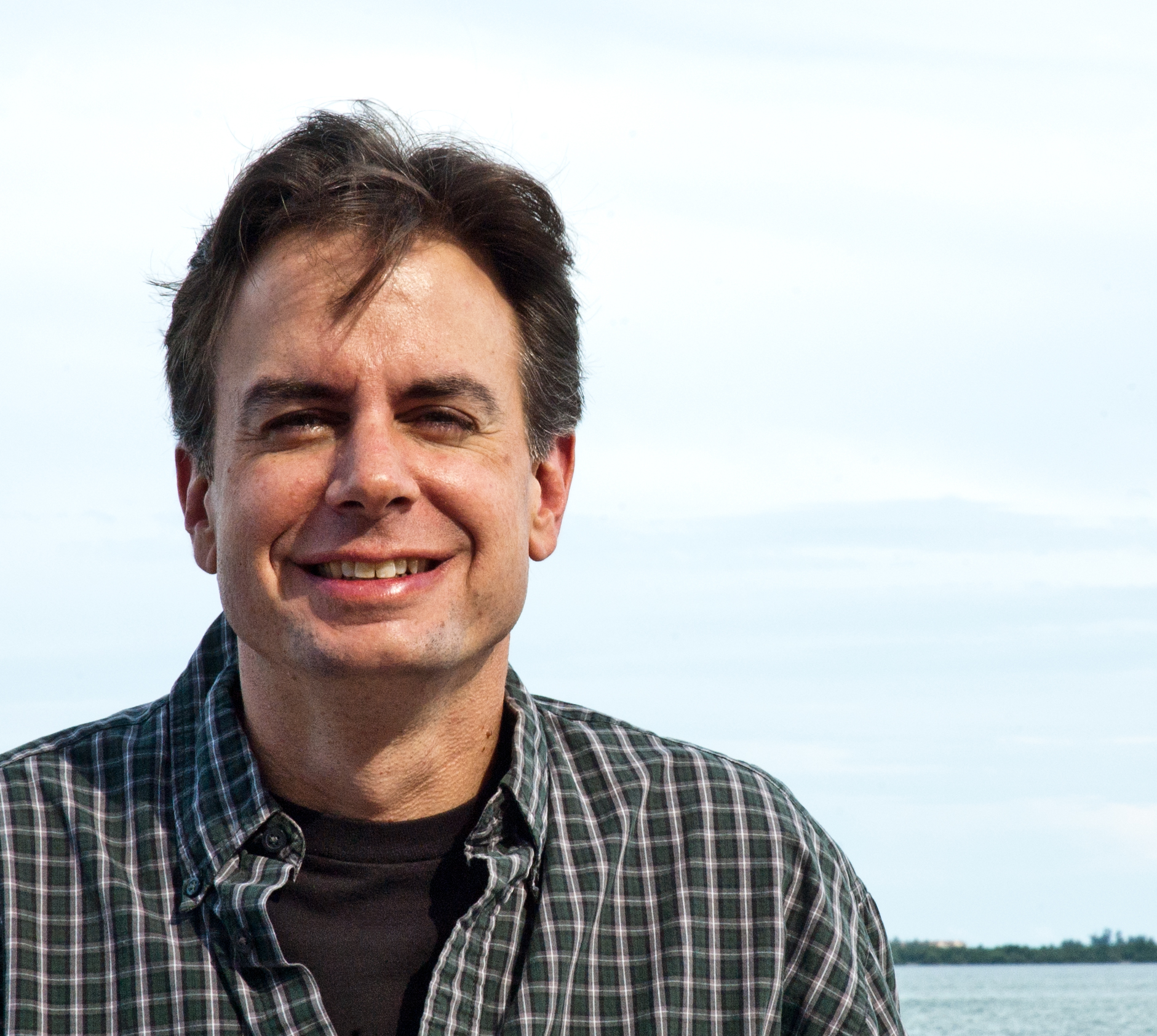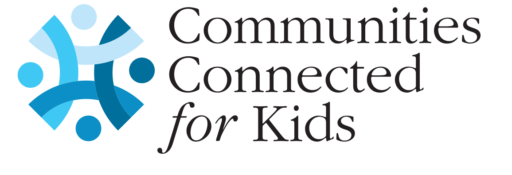
There's No Shame in Asking for Help
By Mark Young
He joined a gang in high school because he wanted family. She started drinking in middle school because she wanted to escape the flashbacks. When they met, both swore they would never treat their kids the way they were treated. Several years into their relationship, they were excited when their son was born- he was the perfect playmate for their two-year-old daughter. Except after six months of the baby’s constant crying and the toddler’s tantrums the mother slapped her daughter across the face screaming at her, “Can you be quiet for just two minutes!” Filled with remorse, guilt, and the shame of breaking the oath she made to never do such a thing, mom locked herself in the bathroom and tried to numb out.
Dad came home from work and was greeted with the marks on his daughter’s face and his son hungry, soiled, and screaming in the crib. Outraged he kicked in the door of the bathroom and taught his wife a lesson she would never forget.
And so, the abuse cycle continues into the next generation by unwilling participants who are blinded by extreme stress, caught up in their past hurts and learned core behaviors.
This story is a metaphor – a composite of the many real-life stories I have heard over the years in ministry. I tell it and retell it, because I believe there is always hope. The cycle of abuse can stop.
If you have abuse in your past, or present, ask for help and receive the help that is offered. Counselors and community programs can help you learn healthy ways to manage life. A call to 211 or a visit to the 211 website will connect you with counseling resources and community programs that can help you or give you ideas about where you can volunteer. Your story of survival and healing will help others who are just starting the path to wholeness.
The cycle stops when we all join together to help. Take time to listen to your coworkers, fellow students, and friends. Offer to help. Volunteer for mentoring programs and local shelters. Connect with the guardian ad litem programs and foster care programs. Volunteer in the local schools. Financially support the agencies who focus on the mental and emotional health of our children and families.
Gangs, drug abuse, alcoholism, suicide, gun violence, and sex trafficking are reduced when people receive the help they need to heal from abuse. Schools are safer, student’s grades improve, business are more productive, and quality of life improves in our community as one family after another begins healing and starting a new path; a journey that passes along healthy behaviors to the next generation.
Invest in the moms, dads, and children of our community- give of yourself to help your neighbor. Child abuse prevention is everyone’s concern. Child abuse prevention is your concern.
Mark Young is the president of the St. Lucie County Foster Parent Association and the pastor of Surfside Community Church.
Next Steps...
If you worry that you might abuse your child or you suspect someone else has, call one of these organizations: Childhelp National Child Abuse Hotline: 1-800-4-A-CHILD (1-800-422-4453) or Prevent Child Abuse America: 1-800-CHILDREN (1-800-244-5373)


Great article and very well written.